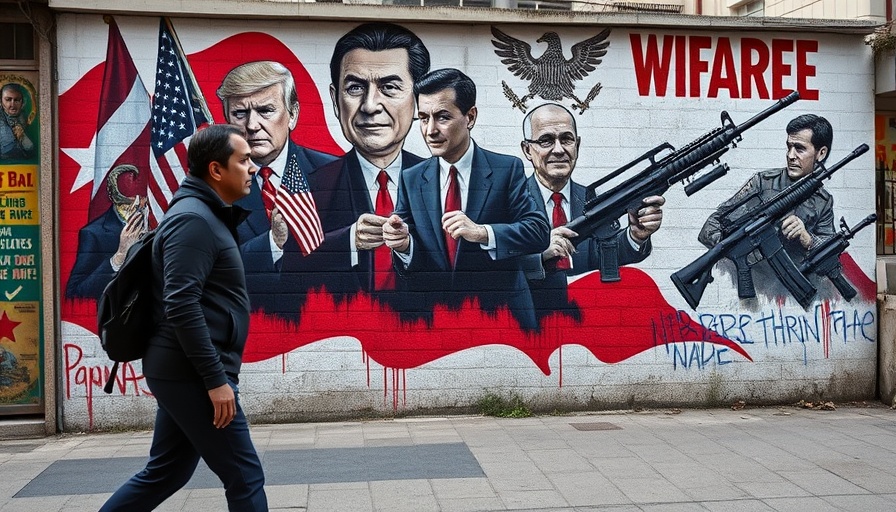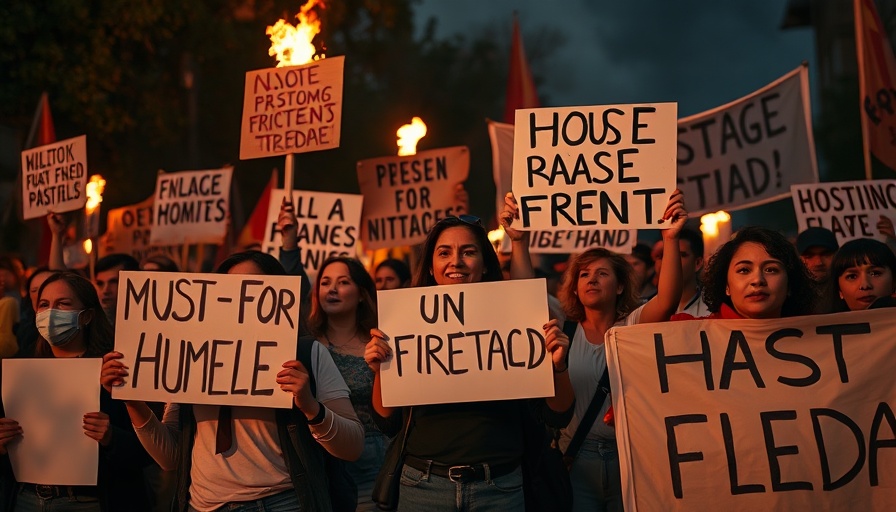
Iran Open to Nuclear Deal, But US Military Threats Must Cease
Iran's Foreign Minister, Abbas Araghchi, has indicated that the country is prepared to engage in indirect talks with the United States this Saturday concerning its nuclear program. In a significant statement, he emphasized that any progress would require US President Donald Trump to agree that there is no "military option" on the table. Araghchi's insistence on the absence of coercion highlights Iran's commitment to its sovereignty amid ongoing tensions.
The backdrop to these negotiations is complex. After withdrawing from the 2015 nuclear deal, the US has reinstated stringent economic sanctions on Iran, which the nation claims have compelled it to breach several agreed-upon restrictions. This geopolitical landscape complicates the prospect of meaningful discussions, as evidenced by Araghchi's remarks regarding the US's sincerity in its intentions following the maximum pressure campaign.
US-Iran Relations: A Long and Tense History
The relationship between the US and Iran has historically been fraught with tension. Since the 1979 Iranian Revolution, diplomatic ties have been severed. Negotiations, if and when they occur, are steeped in layers of distrust and historical grievances. This weekend represents not only a potential thaw in serious diplomatic engagement but also a test of whether current US leadership can pivot from its coercive stance to genuine partnership.
What’s at Stake for Iran? Nuclear Aspirations and Sovereignty
Iran maintains that its nuclear ambitions are purely peaceful, insisting it will never pursue nuclear weapons. However, the stockpile of enriched uranium it possesses has led to severe scrutiny and concern from global powers. The stakes for Iran extend beyond national security; they also involve issues of national pride and self-determination. In this context, the upcoming talks could potentially reshape Iran's geopolitical landscape, providing renewed hope for stability—or heightening tensions further.
Potential Outcomes: A Test of Diplomacy
The imminent discussions could lead to various outcomes, from a framework for future agreements to a complete breakdown of negotiations. Araghchi characterized the talks as both an opportunity and a test, underscoring the high stakes involved. A successful dialogue might not only mitigate fears of military conflict but also pave the way for enhancements in economic conditions for the Iranian populace, while a failure could exacerbate hostilities and push both nations into deeper conflict.
As we observe this pivotal moment, the reactions of other stakeholders like Israel, which has been vocal about its opposition to Iran's nuclear program, will be critical in shaping the discourse moving forward. The world watches closely as this significant diplomatic engagement unfolds, with the hope that it leads to more constructive relations not only between the US and Iran but also with the international community as a whole.
 Add Row
Add Row  Add Element
Add Element 



Write A Comment